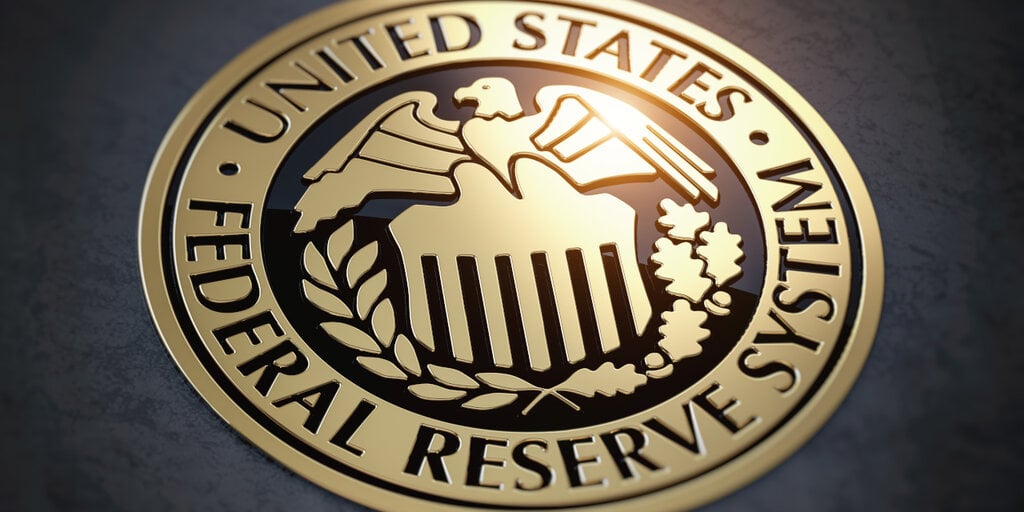The IMF’s Influence on Pakistan’s Economy
With the primary objective of stabilizing Pakistan’s faltering economy and securing a $3 billion financial package from the International Monetary Fund (IMF), significant pressure is being exerted on the nation to implement appropriate tax measures on cryptocurrency investments and property transactions. During discussions between the IMF and Pakistani authorities concerning the aforementioned financial assistance, the IMF underscored the necessity for the Federal Board of Revenue (FBR) to overhaul its taxation policies and encompass digital currencies within its regulatory framework. Furthermore, there is a call for a revision of tax structures concerning real estate and registered securities to ensure that all forms of income are subject to taxation.
Should the proposed measures be adopted, it will be imperative for stakeholders in the real estate sector to meticulously monitor and disclose any alterations in ownership related to property transfers. Failure to comply with the revised regulations may result in penalties being imposed for unpaid taxes, thereby instilling a greater level of compliance within the real estate industry. In the event that Pakistan accedes to these reforms, the IMF is poised to disburse approximately $1.1 billion as the final tranche of financial assistance secured by the country in the preceding year, thereby averting a potential debt default scenario.
Implications of IMF’s Recommendations on Crypto Investments and Real Estate
The stipulation put forth by the IMF for Pakistan to impose taxation on cryptocurrency holdings and property transactions carries multifaceted implications for the country’s financial landscape. By integrating digital assets into the tax regime, Pakistan stands to enhance its revenue generation capabilities and broaden its tax base, which is essential for sustaining economic stability and growth. Furthermore, the reevaluation of tax brackets associated with real estate and securities will foster transparency and accountability within these sectors, curbing illicit financial activities and ensuring equitable fiscal contributions from all stakeholders.
While the stringent tax measures proposed by the IMF may initially pose challenges for investors and businesses operating in the crypto and real estate domains, the long-term benefits of a robust and well-regulated financial system cannot be overlooked. By aligning its fiscal policies with international standards and best practices, Pakistan can bolster investor confidence, attract foreign investments, and foster a conducive environment for sustainable economic development. Ultimately, the successful implementation of these reforms will not only address immediate financial concerns but also pave the way for long-lasting economic prosperity and resilience.
Image/Photo credit: source url





